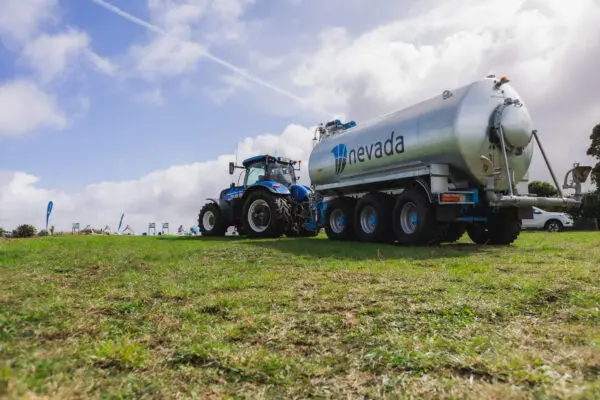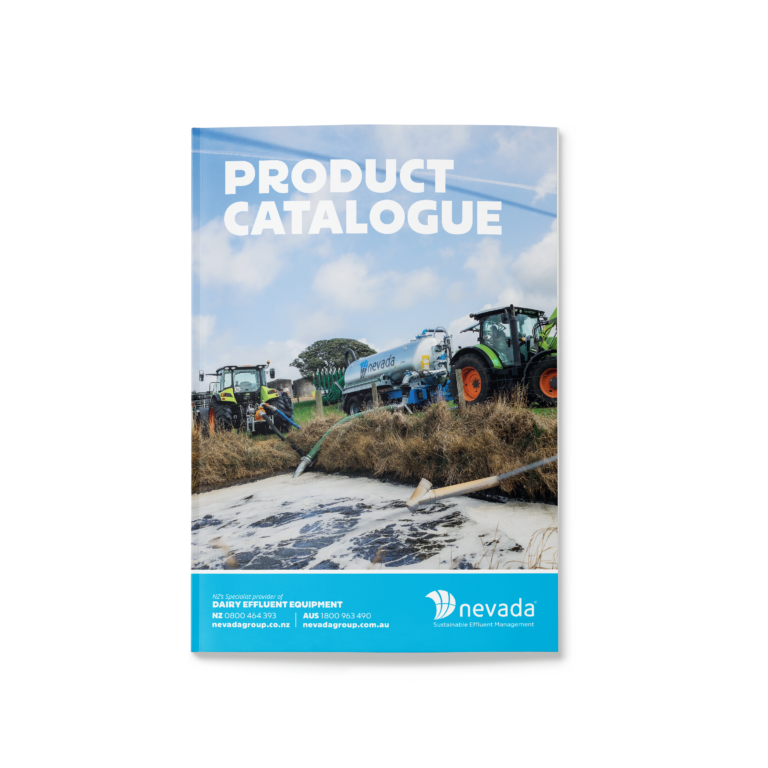- Sustainable Effluent Management
Don’t just take our word for it – see stories from real dairy farmers about simple changes they’ve made to their effluent management systems which have big improvements to their operations!
Access valuable resources, expert advice, and tools to optimise your dairy farm’s effluent management.
Stay ahead with the latest in dairy effluent management. Our expert blogs cover best practices, product insights, sustainability tips, and industry trends to help you optimise your farm operations.
Get the best deals on effluent equipment. Check out our latest promotions, seasonal offers, and exclusive discounts to maximise value and Feed your farm.
Explore our full range of dairy effluent solutions in one place. Download our catalogues to browse top-quality equipment, innovative solutions, and expert recommendations tailored to your farm’s needs.
Receive fortnightly email newsletters with the latest insights from Nevada!
Copyright © 2025 Nevada Group
Receive fortnightly email newsletters with the latest insights from Nevada!
Copyright © 2025 Nevada Group
"*" indicates required fields

"*" indicates required fields

"*" indicates required fields

